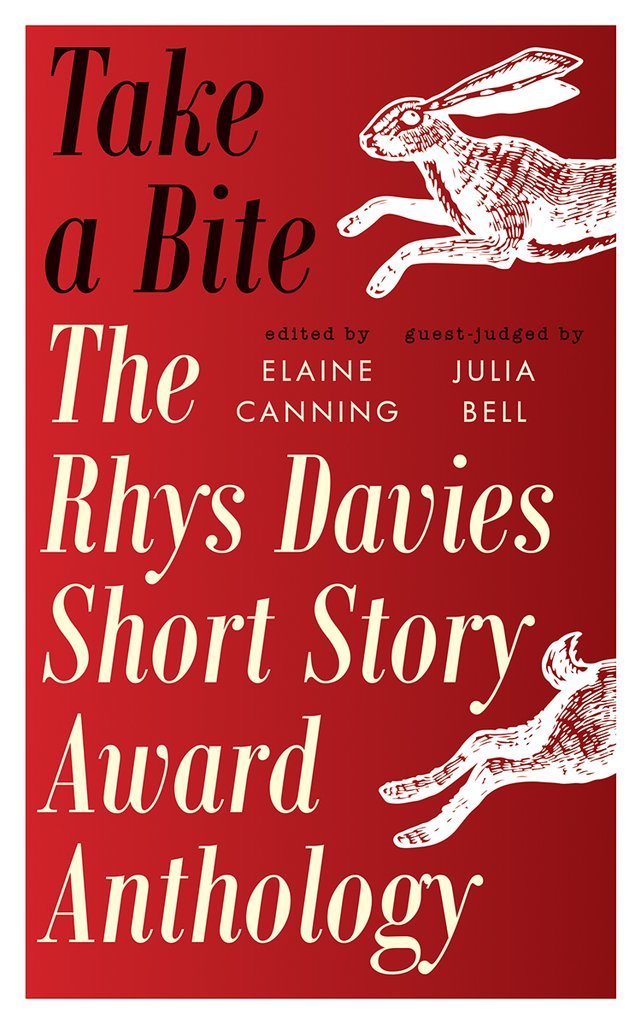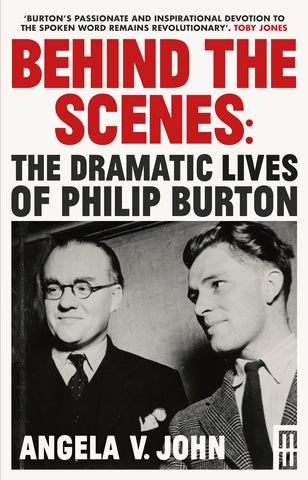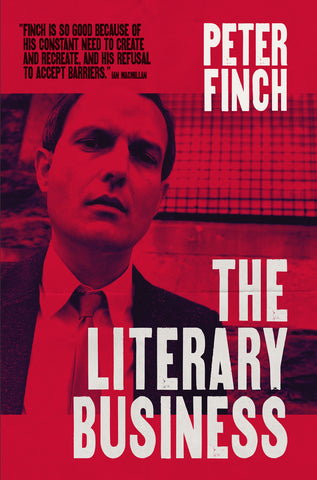Up next for our Rhys Davies Short Story Award #authorinsights, we present an interview with author Jupiter Jones, who was shortlisted for her short story, ‘Bird’.

Jupiter grew up on the north-west coasts of Cumberland and Lancashire, the former a wild and secretive landscape, whilst the latter trashy and jaded. She loved both of these locations; they inspire and haunt her writing. Having completed a PhD in Spectatorial Embarrassment at Goldsmiths, Jupiter now lives in Wales writing short stories and flash fiction which has led her to win the Colm Tóibín International Prize.
In Jupiter’s shortlisted entry, ‘Bird’, two strangers meet within the countryside and show the rural landscape tenderness, despite their oppositional points of view.
1. What was the inspiration behind ‘Bird’? Was there something you kept in mind as you were writing Michael’s story, in terms of giving him a distinct narrative?
I am fascinated by the contiguity of landscape and character, how each are the product of the other. ‘Bird’ was inspired by a real place, the Gwryne Fawr valley in the Brecon Beacons, and by imagining what sort of person would live there, alone, what impact the landscape would have on their character and how they would respect the environment – not as a precious and fragile thing – but as a resource to be utilised and husbanded.
The valley is quite wild, sometimes bleak, but it is not entirely natural and certainly not untouched or unspoiled. For centuries people have lived up there and the landscape is scarred by the changing priorities of that heritage – most massively by a rather beautiful but now redundant reservoir. There is also evidence of quarrying, a disused railway line, abandoned roadways, derelict houses with their stone walls being gradually re-absorbed into the ground. There are drystone walls, rusting barbed wire, electricity pylons, vast commercial pine forests, but also wild ponies, foxes, buzzards, brown trout, spring orchids, and yellow wagtails. And a lot of wind and sideways rain.
For me, the story is Bowen’s, not Michael’s – sure though, Michael has a part of it and gets a first-person point of view which helped me to find his more open and flamboyant voice. He is a temporary intrusion into the natural rhythm of the landscape, and he finds the place intimidating and a bit dismal. His response to the valley predisposes him to expect disapproval from Bowen.
Bowen is the one that really interests me most. Bowen is the one with the backstory that is barely glimpsed, and with the enduring relationship with the landscape. Being reticent, and a man of few words, quite without Michael’s emotional immediacy, I found I could capture him better using a third-person point of view. Because of the distance this introduces, Bowen requires, and perhaps eventually rewards, a greater degree of attention from the reader.
Then again, perhaps the main character is neither Michael nor Bowen, but the valley itself?
2. What was the key message you wished to pass on to your readers?
‘Bird’ is a short fiction, there is no particular message. The reader may make of it what they will.
3. The encounter between Michael and Bowen is powerful. Did you feel giving Michael a mission to be there – the scattering the ashes – made Bowen accept Michael quicker?
No, not at all. For Bowen, death would be a natural outcome of life. I think although he is initially very blunt, he responds to Michael much as he would to his dog or his bird – that is, with patience and compassion but entirely without sentimentality. He uses the word ‘bate’ to describe Michael’s flustered state – that’s a hawking term to describe the way an upset bird will fling itself off a perch. And Bowen’s incredulity then amusement at Michael’s dress has been lightly presaged by his earlier response to his collie attempting – as bitches often will – to cock her leg. It’s just a quirk of nature.
After Michael’s unsolicited outpouring, Bowen tells him that he has done Aunty Dilys proud bringing (a part of) her ashes home to be scattered, but I see that mostly as a kindness to give the boy some affirmation and reassurance. I suspect that privately, Bowen would see the gesture as rather pointless.
4. Do you have any plans for your writing in the future?
I continue to write. My novella-in-flash, The Death and Life of Mrs Parker was recently published by Ad Hoc Fiction and I have another Novella, Lovelace Flats due to be published by Reflex Press in 2022. I am currently working on a collection of short stories about vermin.
If you want to keep up to date with Jupiter's writing, her website is https://jupiter-jones.com/ and her twitter username is @jupiterjonz. Thank you so much for taking part in the interview Jupiter!
If you missed our last interview, with Susmita Bhattacharya who spoke about her short story, 'The Truth is a Dangerous Landscape', you can read that here.



